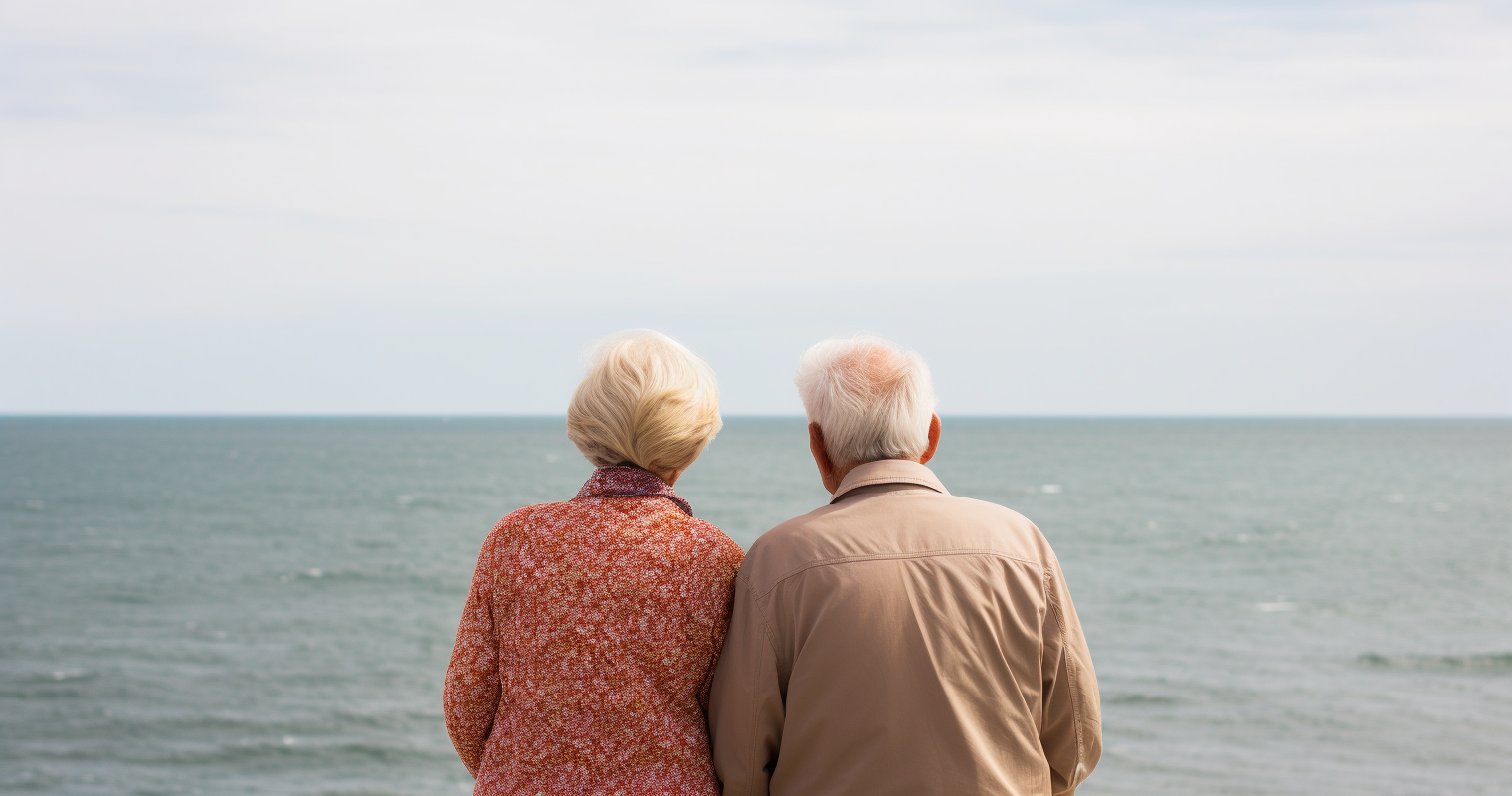Ecuador is a country located in South America, known for its stunning landscapes, rich culture, and friendly people. While the country has made significant strides in economic and social development over the past decade, it still faces challenges in providing adequate care for its elderly population.
The State of Elderly Care in Ecuador
According to the National Institute of Statistics and Censuses (INEC), the elderly population in Ecuador has been steadily increasing in recent years. In 2010, the population of those aged 60 and over was around 1.3 million. By 2020, that number had grown to over 1.8 million, which represents roughly 10% of the country’s total population.
Despite the growing number of elderly people in Ecuador, the country still lacks adequate infrastructure and resources to support their care. Many elderly people in Ecuador face social, economic, and health-related challenges, which can negatively impact their quality of life.
Availability and Standard of Residential Homes
Residential homes are one of the options available for elderly care in Ecuador. However, they are not very common, and those that do exist often lack proper facilities and staff to provide the necessary care.
One of the few examples of residential homes in Ecuador is the “Hogar Cristo Rey” in Quito. This facility provides shelter, food, and medical care for elderly people who are homeless or abandoned. While the staff at Hogar Cristo Rey do their best to provide care, the facility lacks the resources to provide adequate medical attention for all of its residents.
Availability and Standard of Care Homes
Another option for elderly care in Ecuador is care homes, which are similar to residential homes but offer more extensive medical care and services. While there are more care homes in Ecuador than residential homes, they still face challenges in providing high-quality care.
One of the most well-known care homes in Ecuador is the “Hogar de Ancianos San Vicente de Paul” in Quito. This facility provides medical care, therapy, and social activities for elderly people in need. The care home is run by the Daughters of Charity of St. Vincent de Paul, a Catholic organization that has been providing care for the elderly in Ecuador for over 100 years.
While the Hogar de Ancianos San Vicente de Paul provides essential services for its residents, the facility is often overcrowded and lacks adequate funding to provide the best possible care. Additionally, many elderly people in Ecuador cannot afford to live in care homes and must rely on other options for their care.
Availability and Standard of Nursing Homes
Nursing homes are the most extensive option for elderly care in Ecuador, offering 24/7 medical care and attention. However, they are also the least common and often only available to those who can afford it.
One of the most well-known nursing homes in Ecuador is “El Hogar del Futuro” in Guayaquil. This facility provides medical care, therapy, and social activities for elderly people in need, and has a high reputation for providing excellent care. However, the cost of living in a nursing home like El Hogar del Futuro can be very high, making it inaccessible for many elderly people in Ecuador.
In conclusion, elderly care in Ecuador faces significant challenges due to a lack of infrastructure and resources. While there are options available, such as residential homes, care homes, and nursing homes, they are often overcrowded, underfunded, and unable to provide the highest quality care.
To address these challenges, the Ecuadorian government and civil society organizations must work together to develop sustainable and effective solutions for elderly care. This may include increased funding for existing facilities, the creation of new facilities, and the expansion of community-based care options.
Furthermore, it is crucial to address the social and economic challenges that many elderly people in Ecuador face. This can be done through the implementation of policies and programs that support their basic needs, such as housing, healthcare, and social services.
Overall, improving elderly care in Ecuador is a complex issue that requires a multi-faceted approach. While progress has been made in recent years, there is still a long way to go in ensuring that all elderly people in Ecuador have access to high-quality care and support. By addressing these challenges and working together, we can create a better future for the elderly population in Ecuador.

